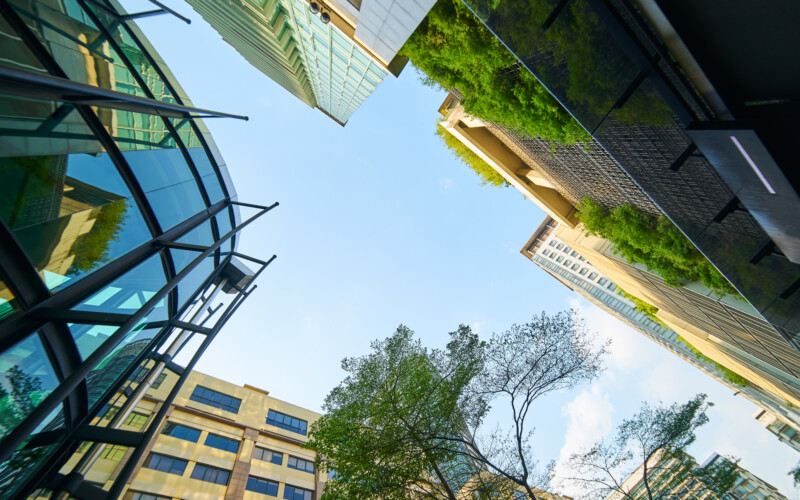
2025 seems set to become the year of urban development. Awards, funding, strategy papers, development initiatives and competitions – in astonishing numbers – are all geared towards 2025. Key topics include mobility, growth, green spaces and social infrastructure.
They go by the names of ‘Urban Development Concept 2025+’, ‘Step 25’ or quite simply ‘Urban Development Award’. They all address the pressing and urgent issues concerning the future viability of (urban) life in our society: the names of the various undertakings in the areas of urban planning or urban and project development indicate that, after the first ‘quarter century’, the focus next year will be on trend-setting strategies and developments. Dedicated to issues of sustainability, social cohesion and liveable futures, they set out strategies that are intended – as they should – to deliver solutions for the future management of our cities, the orientation of conurbations and the ‘smart and mega cities’– despite the immense densification processes that are predicted for these areas.
The City of Klagenfurt has launched its 2025+ urban development concept as its response to these challenges. “2025+ is designed to place individual urban projects within the wider context of high-quality urban planning and design, while at the same time upgrading the city as a habitat for its residents, as well as for the people who work there and visitors. Social, economic and environmental aspects must also be harmonised in addition to the requirements of urban planning.” For the past two years, four expert groups have been working on the topics of ‘Klagenfurt as a Future Location’, ‘Smart Capabilities and Climate Compatibility in Klagenfurt’, ‘Klagenfurt Mobile’ and ‘Liveable Klagenfurt’. Vibrant city centres, smart energy solutions, new mobility, green and leisure spaces as well as climate-neutral resource use and management are the underlying ideas driving the emergence of an urban development concept. All stakeholders – residents, trade and industry as well as representatives of the tourism sector – are also invited to contribute their ideas and submit their proposals to the expert groups.
Similar to Klagenfurt, the City of Vienna has launched its STEP 2025 project that sets our eight focus topics to harness future potentials. They are: the built city, areas for urban growth, centres and intermediate spaces, business-science-research, metropolitan region, mobility diversity, green and open spaces in the city and social infrastructure. These topics outline very well the framework for action and the significant challenges facing everyone responsible for urban and project development – topics that are just as integral to WEGRAZ’s everyday (planning) work. Their top priorities are responsibility for resources, sustainable business, climate responsibility and new technologies through digitalisation. Viewed on its own, digital transformation is a real megatrend in the construction sector and one that we will address in more detail in 2025. Everyone involved in the urban design and development processes requires increasingly specialised qualifications in order to deal with these topics and fulfil the professional profiles with the requisite expertise.
TU Graz, for example, has introduced its own Master’s programme in Sustainable Urban and Regional Development as a response to this burgeoning need for qualified specialists: “The course focuses on questions of urban and regional development at a local and global level as well as the connections to physical geography (integrative geography).” Social science research into socio-environmental contextualities and their changes in regard to sustainable development already requires relevant preliminary studies and impressively demonstrates the current and future complexity of interdisciplinary urban and regional planning. But these things apply just as much to us as well: but, as the saying goes, when the going gets tough … So we are looking forward to the Year of Urban Development in 2025 and the numerous project that we are planning and scheduled to complete in the year ahead.
Further reading:
Vienna: Step 25
https:/
Klagenfurt: Urban development concept – facing up to the future https:/
Germany: German Urban Development Award
TU Graz: Master’s programme in sustainable urban and regional development
https:/